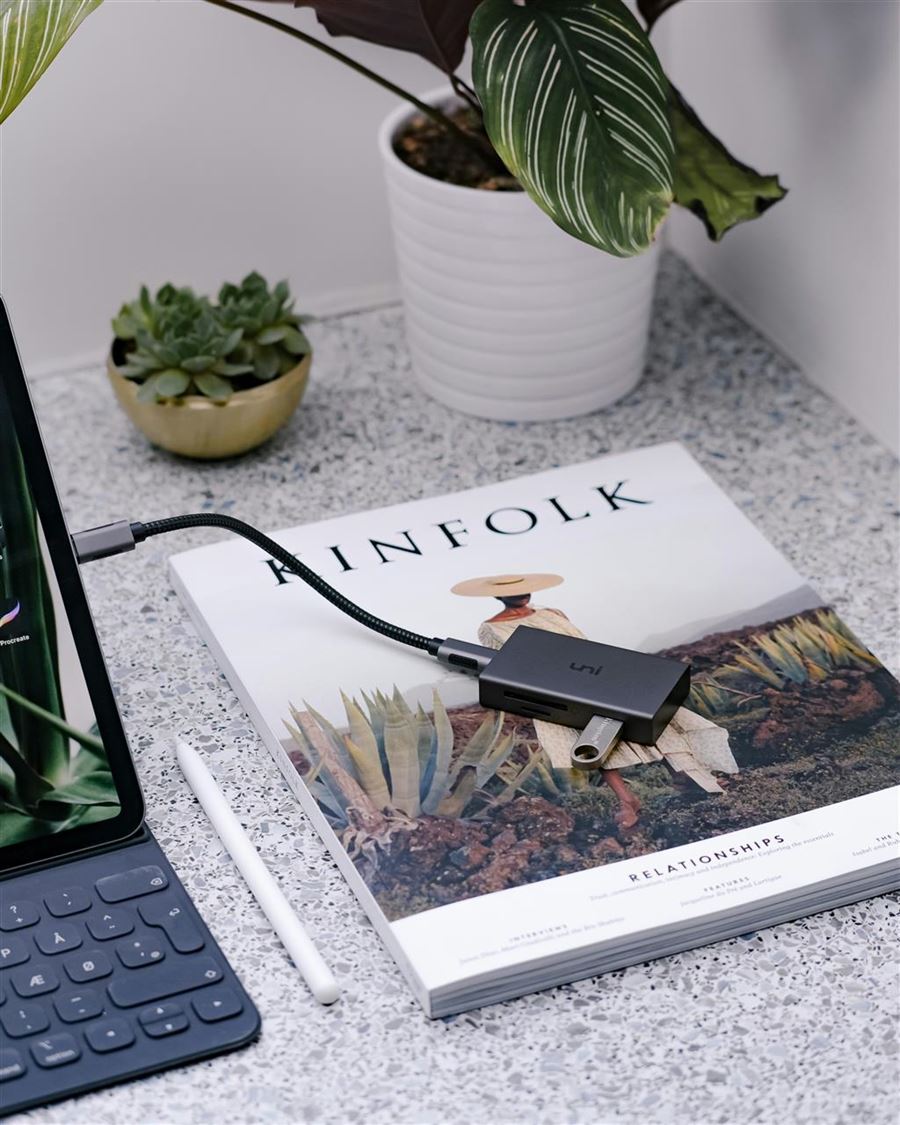Everything you need to know about USB to serial adapters

In the world of computer peripherals, USB to serial adapters are indispensable tools that enable the connection of older devices to modern computers equipped with USB ports, bridging the gap between legacy systems and contemporary technology. Many newer computers no longer include the RS232 ports that were standard on older models, making these adapters crucial for a variety of applications across industrial, networking, and scientific fields. This blog post explores the functionality, benefits, and important considerations when selecting an adapter, with a focus on the extensive range available at US Converters.
What is a USB to serial adapter?
This type of adapter serves as a bridge that allows older devices requiring serial connections, such as modems, printers, and machinery, to connect to modern computers through USB ports. It translates data signals between the two interfaces, enabling effective communication.
The importance of these adapters
The relevance of these adapters arises from the phasing out of traditional ports on personal computers, which have been largely replaced by USB and other more efficient connections. Nonetheless, many specialized devices still operate through serial connections.
Here’s why these adapters remain essential:
- Legacy equipment: Costly, specialized equipment often relies on serial connections. Replacing such equipment can be prohibitively expensive.
- Reliability: Known for their reliability and simplicity, these connections are vital in settings where precision is crucial.
- Distance: Serial connections can operate over longer distances than standard USB connections, making them suitable for certain configurations.
Choosing the right adapter
When selecting an adapter, consider several features to ensure compatibility and performance:
- Chipset: The type of chipset impacts compatibility with various devices and operating systems. Common choices include FTDI, Prolific, and Silicon Labs.
- Connector type: It’s important to choose an adapter with the right type of connector, such as DB9 or DB25, for your devices.
- Compatibility: Make sure the adapter is compatible with your operating system, be it Windows, Mac, or Linux.
- Build quality: In industrial environments, you may need adapters that are rugged and possibly have optical isolation to withstand electrical noise and surges.
Adapters that facilitate connections between newer USB interfaces and older serial ports are crucial for integrating old and new technology. Whether used in an industrial environment, a home lab, or IT settings, having the right adapter simplifies workflows and prolongs the usability of legacy equipment.